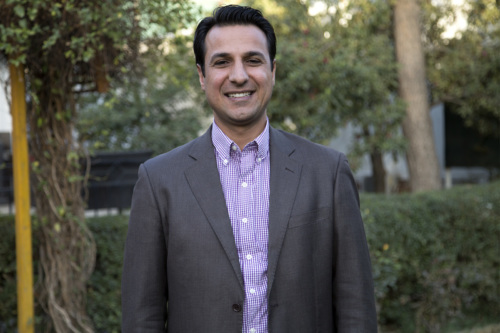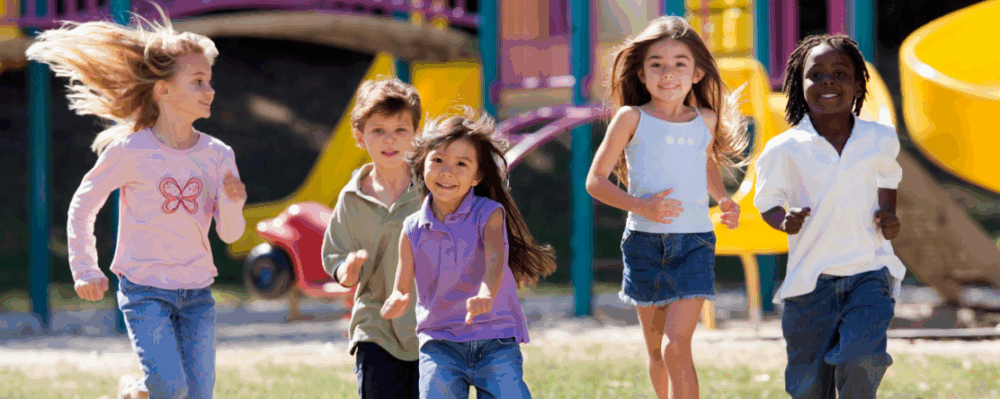
In the News
Organizations Help to Address Mental Health Needs of Afghan Youth
- Comstock's Magazine

“The intergenerational trauma that young Afghan refugees inherit is compounded by legislation that could determine their stateside fate.
At just 2 years old, Gulshan Yusufzai became an Afghan refugee due to the Soviet Union’s 1979 invasion of Afghanistan. After years of searching, the then-9 year old found a home in Sacramento with her family, where she has since dedicated her career to aiding the many other children enduring a life similar to her own beginning. “War has a tendency to take the humanity out of you,” she says.
As the executive director of Sacramento’s Muslim American Society — Social Services Foundation, an organization focused on refugee mental health, Yusufzai has been helping Afghan children and families settle in California’s capital since long before America’s full troop withdrawal from Afghanistan in August 2021. Now, one of her organization’s primary goals is to help the latest influx of refugees — especially children and young adults — adapt to their new environment while taking care of their mental and emotional well-being.
Sacramento children can call or text the MAS-SSF’s Muslim Youth Hopeline for support. Dial 855-95-AMALA to receive peer support five nights a week.
With the subsequent rise of the Taliban came the arrival of nearly 80,000 Afghans to the U.S., who will be forced to leave America this August if the currently stalled Afghan Adjustment Act does not pass as legislation. If passed, the bill, S.4787, would provide a path to permanent status for the Afghans who arrived following the 2021 fall of Kabul. “The biggest thing holding up the Afghan Adjustment Act is that nobody wants to own it. The Democrats don’t want to own it because it’s about Afghanistan, and Afghanistan and the withdrawal is something they’d rather forget,” says Elliot Ackerman, an author and former marine who served in Afghanistan. “Republicans don’t want to own it because it’s an immigration issue.”
Thousands of those refugees have been resettled in the Capital Region, already home to about 20,000 people of Afghan descent. Most stateside refugees are women and children; nearly 50 percent of those evacuated were under 18. Refugee youth often bring traumatic lived experiences, known as adverse childhood experiences, raising the demand for U.S.-based mental health services. A network of support groups has formed to provide culturally sensitive care and catch those falling through the cracks.
Mental health can still be taboo
Addressing mental health can be sensitive for anyone, but cultural sensitivity is especially important when working with refugee youth. Afghan culture is characterized by a collective perspective that looks down upon those who leave or seek support outside of the family, resulting in kids not seeking services once in Sacramento, Yusufzai says. She adds that the individualistic culture of the U.S. is confusing for Afghan youth to navigate coming from one focused on the family unit.
Kendra Kirane, a New York-based program manager for the International Rescue Committee, says that IRC has found that the phrase “overall wellness” comes with more success than “mental health.” “It can be a little bit intimidating to come out and say, ‘I need mental health support.’ There might be concerns — what would happen to me as a refugee if I say I have these needs,” Kirane says.
The Sacramento chapter of the 90-year-old international nonprofit, which works with governments to resettle refugees, has an expanding wellness team and recently opened new “safe spaces” for women and children. In these locations, refugees enduring domestic violence and other hardships can receive psychosocial and wellness services. This effort is funded by the Public Health Institute under the PHI project SEHAT Initiative, a program focused on improving the humanitarian and health care needs of refugees. (The name derives from the Arabic word for health.)
SI provides Afghan refugee-focused education sessions on topics including child trauma, navigating U.S. health systems and refugee mental health. SI’s program director is Dr. Mohammed Sediq Hazratzai, a visiting professor at UC Davis and former Afghan refugee. According to his research, Sacramento is home to one out of every nine U.S.-based Afghans. Mental health support is especially difficult for young refugees, he says.”

Children’s brains are not fully developed, and they are not as resilient as their adults and they cannot process what is going on.Mohammad Sediq Hazratzai, MD, MPH
Program Director, SEHAT Initiative, Public Health Institute
To read the full article, click on the link below.
Originally published by Comstock's Magazine
More Updates
Work With Us
You change the world. We do the rest. Explore fiscal sponsorship at PHI.
Support Us
Together, we can accelerate our response to public health’s most critical issues.
Find Employment
Begin your career at the Public Health Institute.



